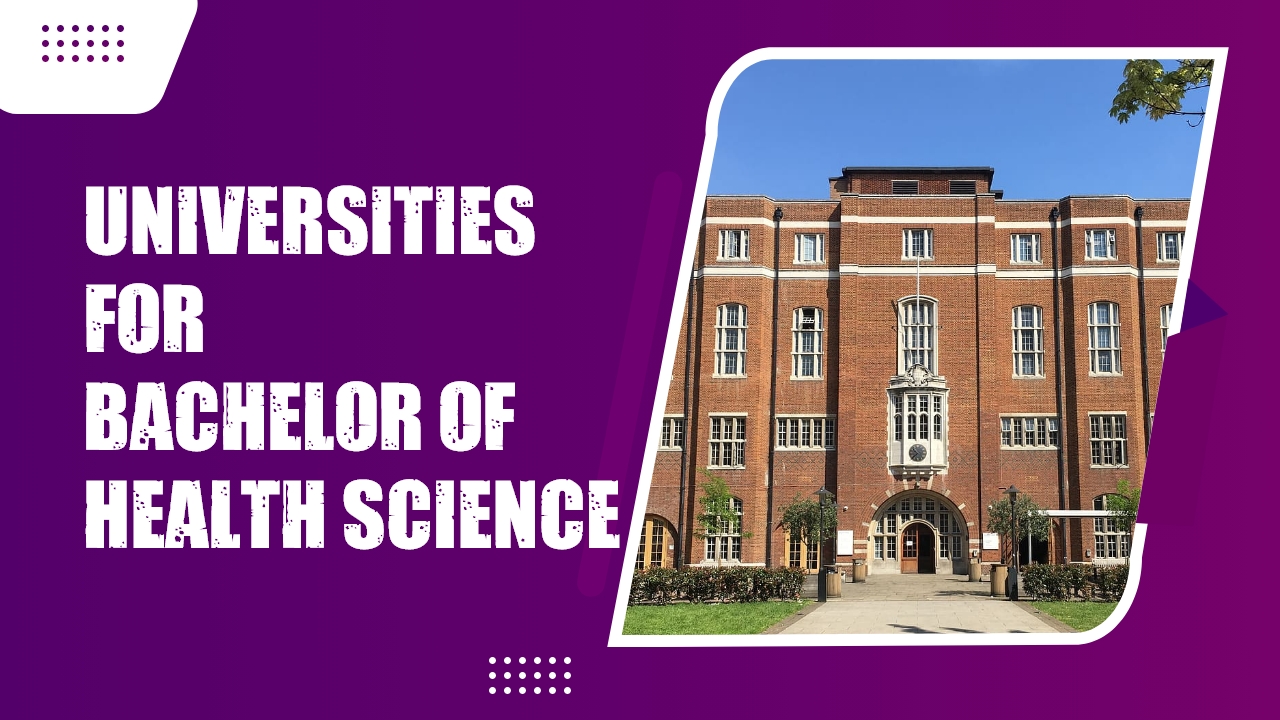Top 3 Universities for Agricultural Engineering Students in the UK
Agricultural engineering is a vital field that combines engineering principles with agricultural science to develop innovative solutions for food production, resource management, and rural development. In the United Kingdom, several universities offer exceptional programs in agricultural engineering, providing students with the technical skills and practical experience needed to excel in this important sector. Here, we explore three top universities for agricultural engineering students: the University of Reading, Harper Adams University, and the University of Lincoln. Each of these institutions is renowned for its comprehensive curriculum, cutting-edge research, and strong industry connections.
1. University of Reading
The University of Reading, located in Reading, Berkshire, is renowned for its expertise in agricultural and environmental sciences. The university offers a Bachelor of Science in Agricultural Engineering through its School of Agriculture, Policy, and Development. The program is designed to equip students with a solid foundation in engineering principles while addressing the specific needs of the agricultural sector.
The University of Reading’s B.Sc. in Agricultural Engineering covers a range of topics including machinery design, soil mechanics, crop production, and resource management. The curriculum emphasizes both theoretical knowledge and practical skills, with opportunities for hands-on learning through laboratory work, field studies, and industry placements.
A key strength of Reading’s program is its integration with research and industry. The university’s close ties with agricultural businesses and research institutions provide students with valuable opportunities for internships and collaborative projects. Additionally, Reading’s research facilities, such as the Agricultural Engineering Research Unit, support student projects and offer insights into the latest advancements in agricultural technology.
2. Harper Adams University
Harper Adams University, located in Newport, Shropshire, is widely recognized for its specialized focus on agriculture and rural affairs. The university offers a Bachelor of Science in Agricultural Engineering, which is known for its strong emphasis on practical application and industry relevance.
The B.Sc. program at Harper Adams University is designed to provide students with a comprehensive understanding of agricultural engineering, including machinery, systems design, and precision agriculture. The curriculum combines core engineering principles with specialized courses tailored to the agricultural sector, such as sustainable farming practices and agro-ecology.
One of the standout features of Harper Adams University’s program is its extensive practical component. Students benefit from state-of-the-art facilities, including the university’s own working farm and engineering workshops. The program also includes opportunities for industry placements, allowing students to gain real-world experience and develop valuable professional connections.
Harper Adams University’s strong links with the agricultural industry ensure that the curriculum is up-to-date with the latest technological advancements and industry trends. The university’s commitment to practical learning and industry engagement makes it an excellent choice for students seeking a career in agricultural engineering.
3. University of Lincoln
The University of Lincoln, located in Lincoln, Lincolnshire, offers a Bachelor of Science in Agricultural Engineering through its School of Engineering. The program is designed to provide students with a blend of engineering skills and agricultural knowledge, preparing them for a range of roles in the agricultural sector.
Lincoln’s B.Sc. in Agricultural Engineering covers a variety of topics, including agricultural machinery, precision farming, and environmental management. The curriculum emphasizes the application of engineering principles to solve real-world agricultural problems, with a focus on sustainable and efficient practices.
A notable aspect of the program is its emphasis on practical experience and industry engagement. Students have access to modern laboratories and workshops, where they can work on hands-on projects and gain experience with the latest agricultural technologies. The university also offers opportunities for fieldwork and industry placements, providing students with valuable insights into the agricultural sector and potential career paths.
The University of Lincoln’s strong focus on research and innovation in agricultural engineering ensures that students are exposed to the latest developments in the field. The university’s collaborations with industry partners and research centers support student learning and offer opportunities for real-world applications of engineering solutions.
Conclusion
Selecting the right university for a Bachelor of Agricultural Engineering degree is crucial for students aiming to pursue careers in agricultural technology, resource management, and rural development. The University of Reading, Harper Adams University, and the University of Lincoln each offer exceptional programs with unique strengths that cater to various interests and career goals.
The University of Reading is renowned for its comprehensive curriculum, research integration, and strong industry connections, providing students with a solid foundation in agricultural engineering. Harper Adams University excels in its practical approach, industry relevance, and specialized focus on agriculture, offering students extensive hands-on experience and industry engagement. The University of Lincoln is known for its blend of engineering skills and agricultural knowledge, with a strong emphasis on practical experience and research innovation.
Ultimately, the best choice will depend on individual preferences, career aspirations, and academic interests. Each of these institutions provides a robust and enriching educational experience in agricultural engineering, preparing students for successful careers in this vital field.









